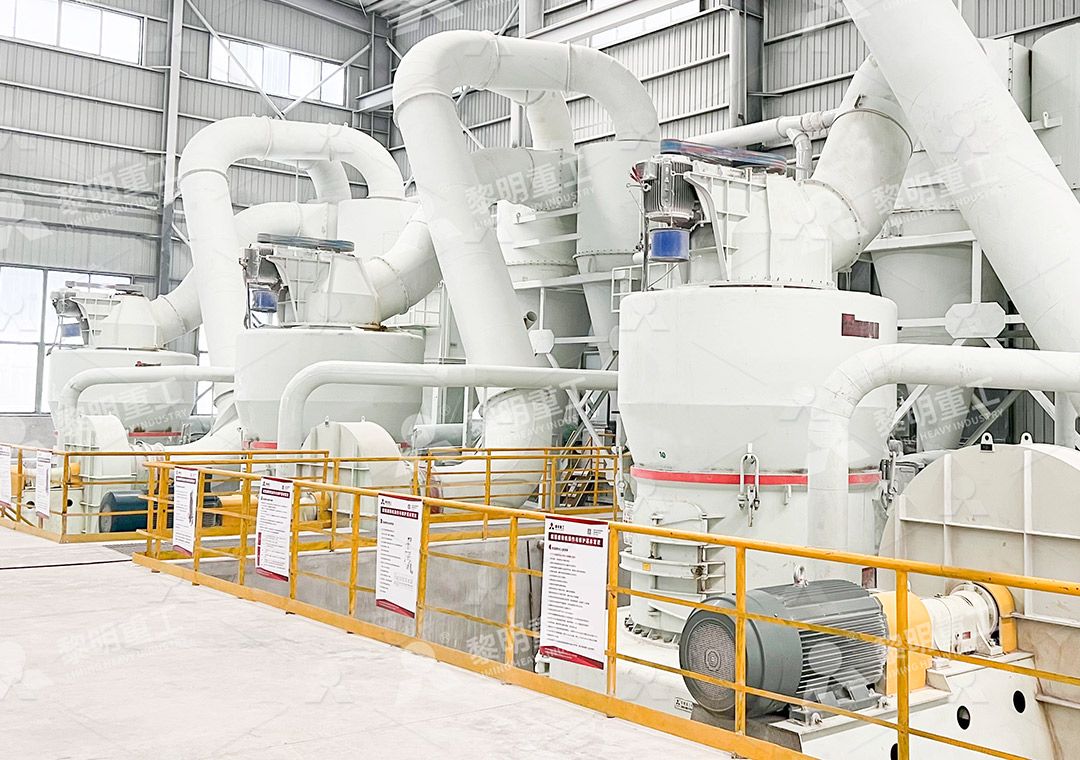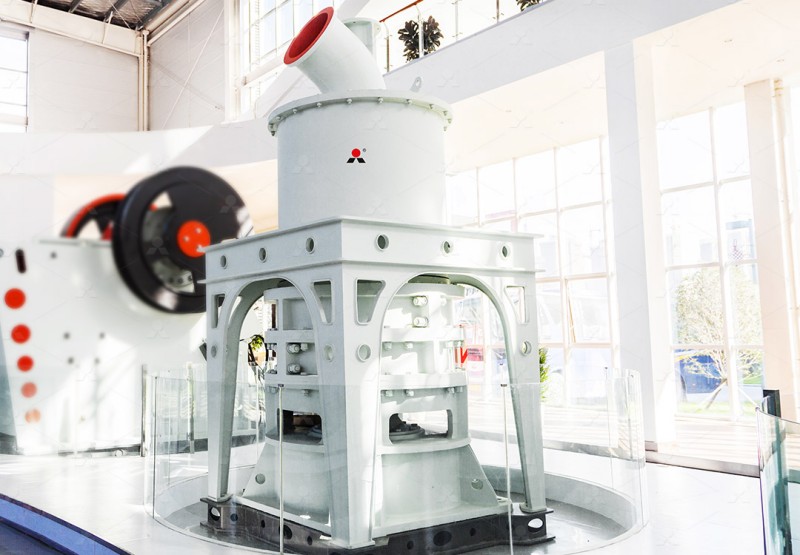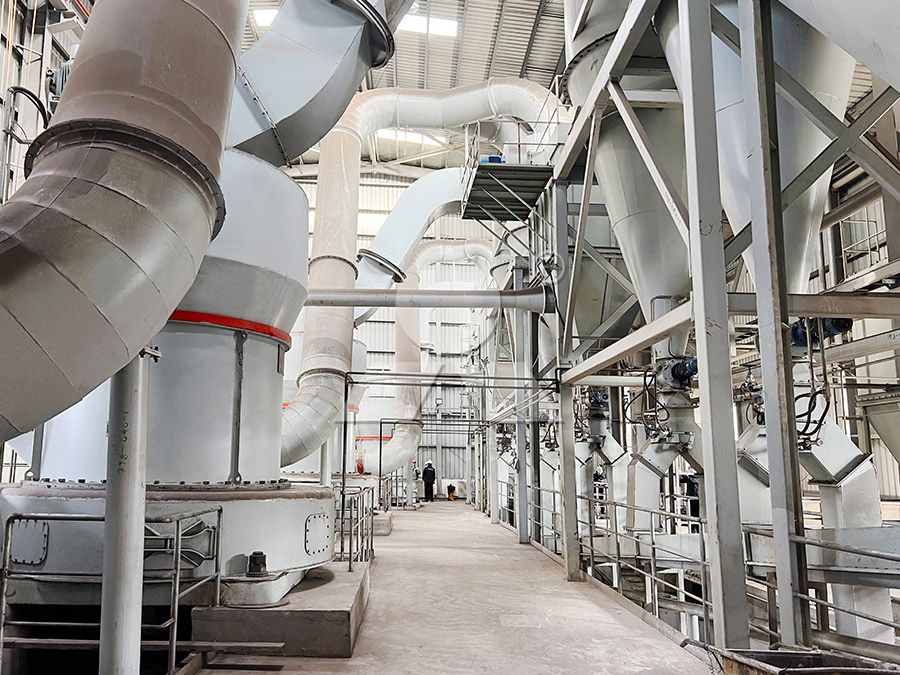Dry Cement Grinding Mill: Efficient Solutions for Cement Production
We provide a wide range of mills — including Raymond mill, trapezoidal mill, vertical mill, ultrafine mill, and ball mill, obtained ISO9001 international quality certification, EU CE certification, and Customs Union CU-TR certification. Suitable for processing minerals such as limestone, phosphate, quicklime, kaolin, talc, barite, bentonite, calcium carbonate, dolomite, coal, gypsum, clay, carbon black, slag, cement raw materials, cement clinker, and more.
The discharge range of these mills can be adjusted to meet specific processing needs, typically from 80-400 mesh, 600-3250 mesh, and can achieve the finest particle size of up to 6000 mesh(D50).
If you are looking for a reliable grinding solution to turn stone or minerals into fine powder, please feel free to contact our online customer service.
Dry Cement Grinding Mill: Efficient Solutions for Cement Production
In the modern cement industry, achieving optimal grinding efficiency is paramount for productivity, cost-effectiveness, and environmental compliance. Dry grinding processes have become the standard, offering significant advantages in energy consumption and operational control. The selection of appropriate grinding equipment directly impacts particle size distribution, power usage, and overall plant performance.

Traditional ball mills, while reliable, often fall short in energy efficiency and fineness control. Advanced grinding technologies now provide superior solutions, integrating crushing, drying, grinding, and classification into single, compact systems. These innovations have revolutionized cement production by reducing footprint requirements while increasing output quality.
Advanced Grinding Technology for Modern Demands
Contemporary grinding mills incorporate sophisticated engineering features that address multiple production challenges simultaneously. From precise particle size control to reduced maintenance requirements, today’s equipment represents a significant leap forward from earlier generations. The integration of digital controls and automated systems further enhances operational stability and product consistency.
Among our premium solutions, the MW Ultrafine Grinding Mill stands out for specialized applications requiring exceptional fineness. With an input size of 0-20 mm and capacity ranging from 0.5-25 tph, this machine delivers outstanding performance in ultra-fine powder production. Its innovative design eliminates rolling bearings and screws in the grinding chamber, substantially reducing maintenance concerns and potential failure points.

Key Considerations in Mill Selection
When evaluating grinding equipment, several factors demand careful consideration. Production capacity requirements must align with mill capabilities, while energy consumption patterns significantly impact operating costs. The physical properties of raw materials—including hardness, moisture content, and abrasiveness—determine equipment suitability and wear characteristics.
Environmental compliance has become increasingly important, with modern regulations demanding minimal dust emissions and noise pollution. The MW Ultrafine Grinding Mill addresses these concerns through its efficient pulse dust collector and muffler system, ensuring operations meet stringent environmental standards. The machine’s adjustable fineness between 325-2500 meshes provides exceptional flexibility for varying product specifications.
Operational Excellence Through Engineering Innovation
The latest grinding mills incorporate proprietary technologies that enhance both performance and reliability. Advanced powder separation systems, improved grinding curves, and innovative structural designs work in concert to maximize efficiency. These developments have enabled production capacities 40% higher than jet grinding mills while reducing system energy consumption by up to 30%.
For operations requiring vertical grinding solutions, our LUM Ultrafine Vertical Grinding Mill offers exceptional capabilities with input sizes of 0-10 mm and capacities of 5-18 tph. This mill integrates ultrafine powder grinding, grading, and transporting in a single system, representing an optimal choice for demanding production environments.

Frequently Asked Questions
What maintenance requirements should I expect with modern grinding mills?
Contemporary designs significantly reduce maintenance needs through innovations like external lubrication systems and durable wear components. The MW Ultrafine Grinding Mill, for instance, features no rolling bearings or screws in the grinding chamber, minimizing potential failure points.
How does grinding mill selection impact energy consumption?
Proper mill selection can reduce energy consumption by 30-50% compared to traditional equipment. Advanced designs like our MW Ultrafine Grinding Mill achieve higher yields with lower power input through optimized grinding curves and efficient separation technology.
What environmental considerations are addressed in modern grinding systems?
Today’s grinding mills incorporate comprehensive dust collection systems, noise reduction technology, and sealed operations to minimize environmental impact. Our equipment meets international environmental standards through integrated pulse dust collectors and sound-dampening features.
How important is particle size distribution control in cement production?
Precise particle size distribution is critical for cement quality and performance. Advanced mills like the MW Ultrafine Grinding Mill offer adjustable fineness between 325-2500 meshes, enabling exact control over product specifications.
